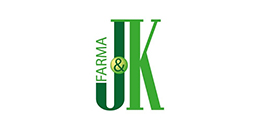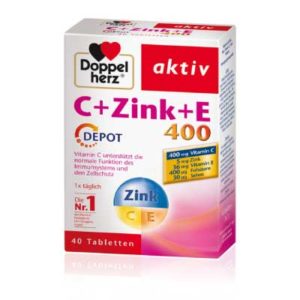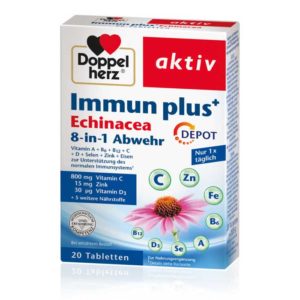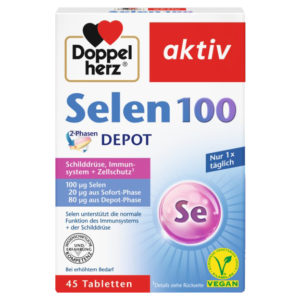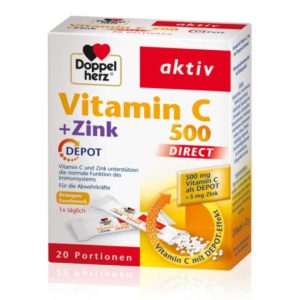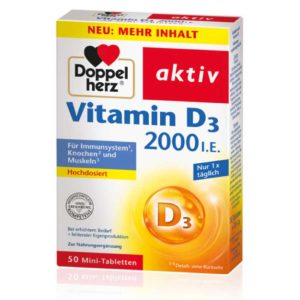Our immune system protects us all year long against viruses and bacteria. However, dry heated air and temperature fluctuations make us more susceptible to colds in the cold time of year. Anyone who would like to support their body’s own defence should strengthen their immune system in a timely manner. Viruses and bacteria are active all year long. If our body is now weakened or inadequately supplied with nutrients, the pathogens have it even easier. In fact, people among whom the immune system is not functioning optimally have three or more infections per year and take longer until they are healthy again.
Nutrition for the immune system A healthy and balanced diet has an influence on our overall well-being and our body’s performance. Naturally our immune system also benefits from a good supply of nutrients, because then our body has many possibilities to successfully defend itself against pathogens. You can also specifically support your defence with certain vitamins and minerals:
Vitamin C (ascorbic acid) is arguably the most well-known vitamin when it comes to strengthening the immune system. Citrus fruits, but also vegetables such as broccoli, kale or Brussels sprouts are among the good suppliers of vitamin C. Between 20-100 mg of vitamin C should be eaten daily. Our tip: since vitamin C is very sensitive, foodstuffs should be eaten fresh and not be stored for a long time.
Vitamin D – the key hormone of the immune system Vitamin D is actually not even a vitamin at all, but the precursor of a hormone that the human body can form itself through the regular exposure of sunlight to the skin. But particularly during the autumn and winter months this self-production is often not enough, precisely when the immune system is especially challenged. Vitamin D is only present in higher quantities in few foodstuffs. Good sources are saltwater fish containing fat, veal and eggs, but mushrooms and avocadoes are also included.
Zinc and selenium protect the somatic cells The trace element zinc is essential because it controls the function of more than 200 enzymes and is involved in many metabolic processes. For example, the good defence function of our body depends on the zinc balance. But it also contributes to protecting our somatic cells against oxidative stress. It is recommended to ingest at least 10 mg of zinc with the food intake daily. It can also be readily more in case of additional physical strain, pregnancy or stress. Just like zinc, selenium also contributes to protecting cell components against oxidative stress and ensures a normal function of the immune system.
The selenium requirement is particularly satisfied via meat, fish, chicken eggs as well as lentils and asparagus. However, the high degree of processing in foodstuffs and soils which are low in selenium lead to the fact that the ingested quantity of selenium is not always optimal.
